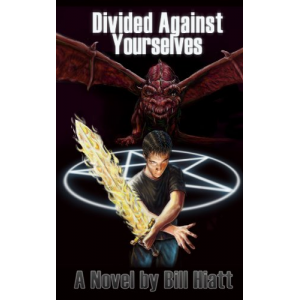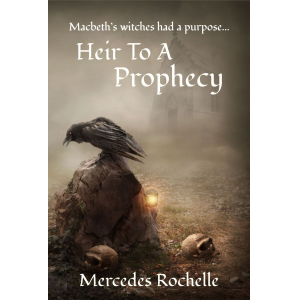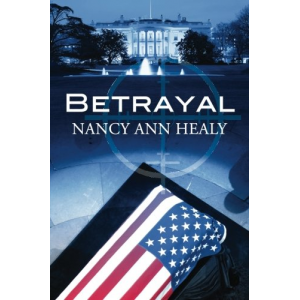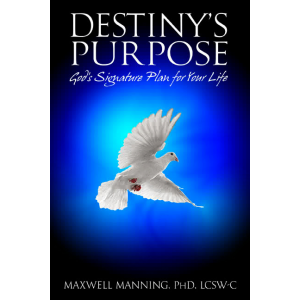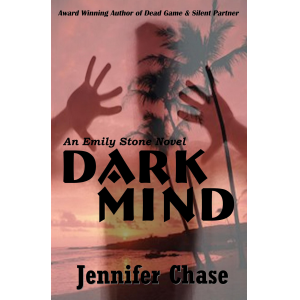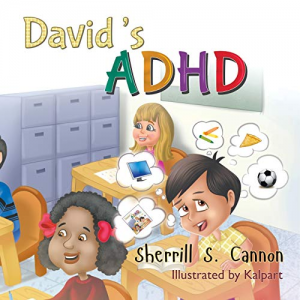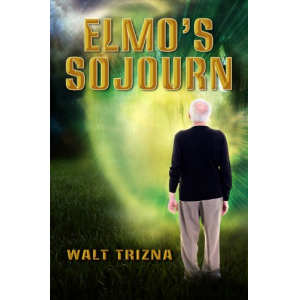- Author
- Book
- Story behind the book
- Media Links
- Reviews
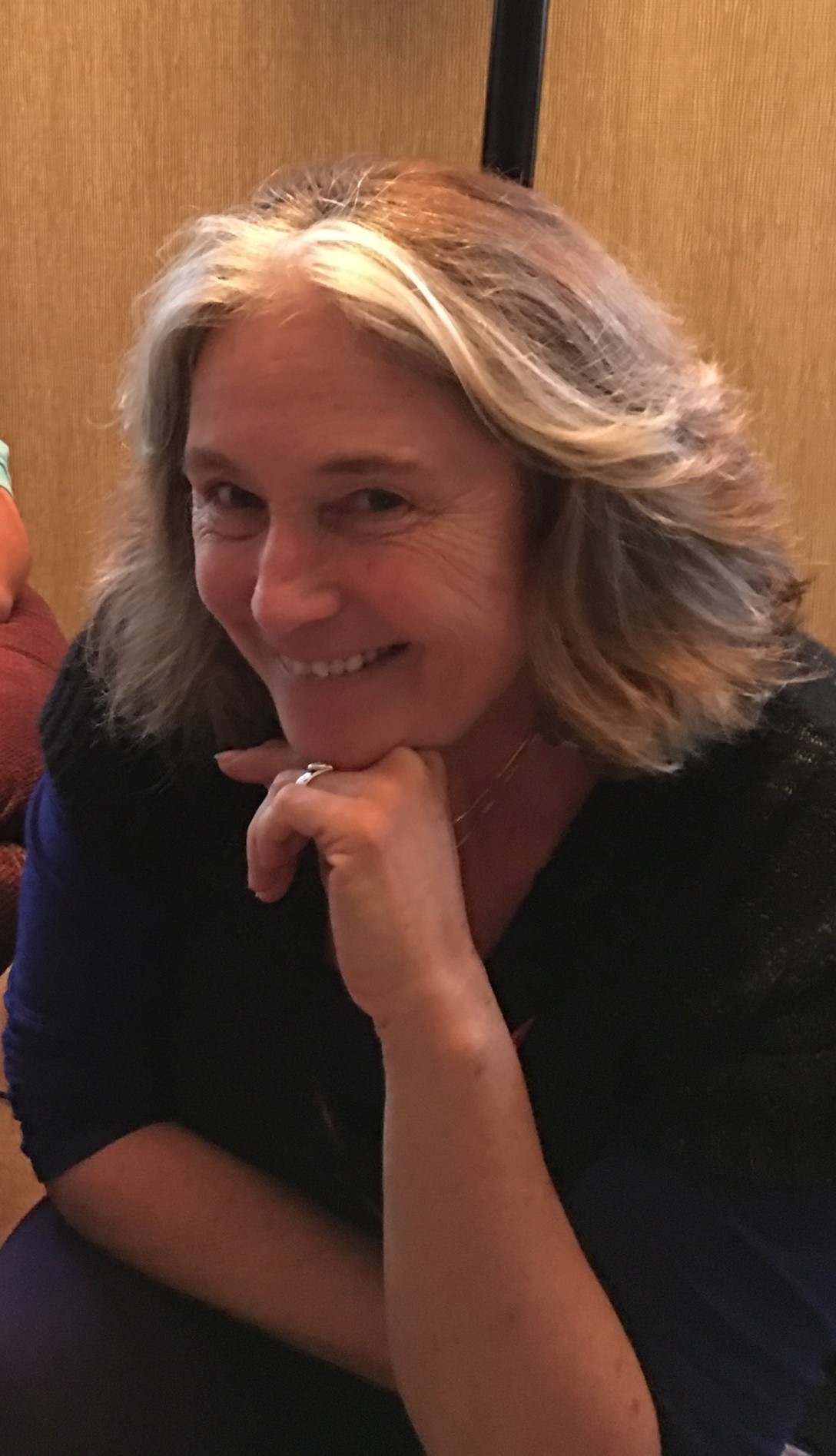
Karen Gonzalez
About
Karen has been interested in folktales and folklore for more than three decades and has facilitated writing classes and workshops for more than twenty years .
Her poetry chapbooks include True North (Origami Poems Project), Coyote in the Basket of My Ribs (Kelsay Books) and forthcoming Down River with Li Po (Black Cat Poetry Press).
An award-winning fiction, poetry, and nonfiction writer, she has earned awards from Farmhouse Magazine, National League of American Pen Women, California Writers Association, and has been nominated for both the Pushcart Prize and Best of the Net.
Her work has appeared in The San Francisco Chronicle, North Bay Biz Journal, Australian Trade Community Journal, Verde, Potato Soup Journal, Sonoma Mandala, Big Blend Magazine, and Twisted in Time, Visual Verse, Zahir Tales as well as other magazines and newspapers.
She earned her Bachelor of Arts degrees in Creative Writing and Anthropological Linguistics/Folklore from Sonoma State University in California, and her folklore research credits include “Sonoma County Scarecrows: Scarecrows as Folk Art,” which was presented to the California Folklore Society.
She is also an assemblage artist who was National Arts Program Featured Artist in 2022. Her work has appeared on the cover of several literary magazines and been displayed in several art galleries.
She lives in Northern California.
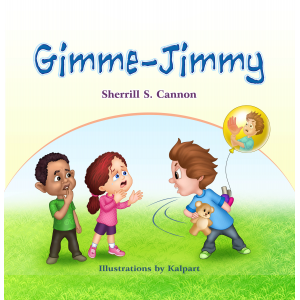
Gimme-Jimmy
Description
<span style="font-family:'Times New Roman';"></span><p style="margin:0in 0in 0pt;" class="MsoNoSpacing"><span style="font-size:12pt;"><font face="Calibri">JamesAlexander’s nickname was Gimme-Jimmy because he was a greedy and selfish bully.<span> </span>Imagine Jimmy’s concern when he discoveredthat every time he said the word “Gimme”, his hand grew larger. <span> </span>Jimmy was happy to discover that when he waspolite and said “Please” and “Thank you”, his hand began to shrink.<span> </span>He started practicing his new “Polite Rule”and found out that it was much more fun to share.<span style="color:#000000;"></span></font></span></p><p></p><span style="font-family:'Times New Roman';"></span><p style="margin:0in 0in 0pt;" class="MsoNoSpacing"><span style="font-size:12pt;"></span></p><p><span style="font-family:Calibri;"></span> </p><span style="font-family:'Times New Roman';"></span>
Story Behind The Book
Originally, folktales were stories created by ordinary people to be passed on orally from one generation to the next. Over time, with the advent of printing and later the Internet, oral tradition has rapidly been replaced by our ability to collect and store the in- formation electronically (e.g., blogs, Web sites, digital media like CDs) or in books, including scrapbooks, workbooks and journals. The difference between researching and recording accurate family histories and writing folktales is that the folk teller (the writer) recounting folktales can focus upon his or her own memories. These rather than genealogy are the stuff of folktales.
Media Links
Reviews
<p>“I found the idea of people writing their<br /> own family folk tales intriguing. Once I<br /> started to the read the book, I could see all<br /> sorts of uses for it. The workbook is laid out<br /> in a very simple, easy to follow and easy to<br /> understand manner, and gives the reader<br /> the confidence needed to write. The<br /> suggestions for getting started, using people,<br /> places or things, is just a super idea. I can see<br /> this bringing families together and helping<br /> anyone interesting in writing, getting a good<br /> start. If I had young children, I would<br /> definitely start them on a regular routine of<br /> writing, using this book as a guideline.<br /> The exercises are imaginative, and get<br /> you down to work right away. A lot of<br /> thought has gone into the exercises and the<br /> whole process of writing. The author<br /> cautions against over-thinking and reminds<br /> you of what a folktale is. She even touches<br /> on the possibility of family members seeing<br /> ii<br /> things differently, and how to handle that<br /> eventuality. I can see many people adopting<br /> this as a relaxation technique and I love the<br /> idea of combining it with scrap booking.<br /> What a great way to revitalize what<br /> we have lost, our oral family history!”<br /> Nancy Reid, Big Blend Magazine<br /> (www.bigblendmagazine.com)</p>
